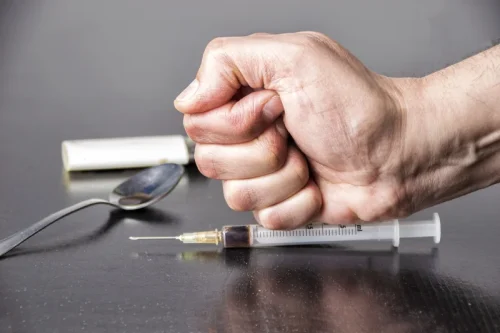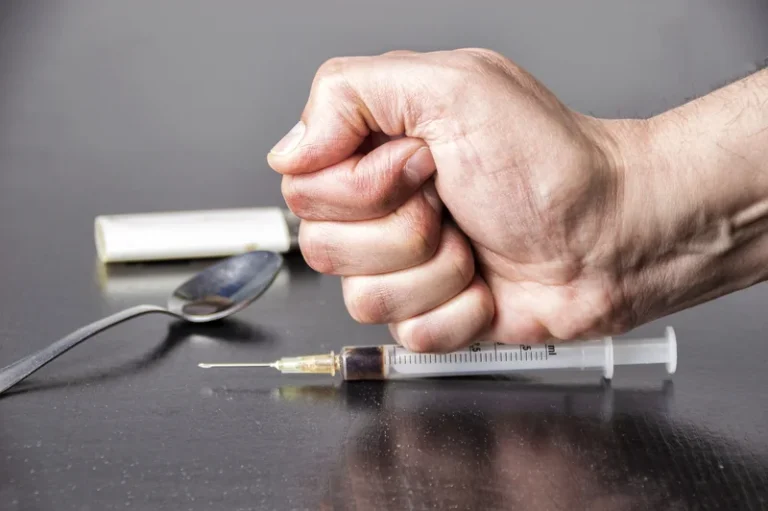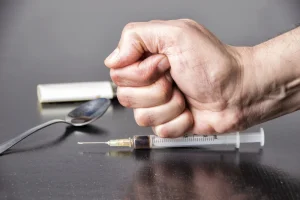
Addiction involves a powerful psychological component that drives individuals to continue using substances or engaging in behaviors despite the detrimental effects on their health, relationships, and daily life. The neurochemical changes not only fuel the compulsive nature of addiction but also make recovery a complex and challenging process. Effective programs usually include many components, designed to help the individual stop using drugs, maintain a drug-free lifestyle, and fulfill their obligations to their family and in the workplace. Most patients require long-term treatment, which can include medications, therapy, and residential programs. alcoholism While these terms are often used interchangeably, they represent different aspects of substance use disorders. Let’s explore the key differences of addiction vs. dependence, specifically, in how these conditions affect the brain, behavior, and overall well-being.
Addiction vs Tolerance vs Dependence
No one should assume the information provided on Addiction Resource as authoritative and should always defer to the advice and care provided by a medical doctor. Dependence refers to the body’s adaptation to a drug, leading to withdrawal symptoms, while addiction involves compulsive drug use despite negative consequences. Often psychiatric disorders such as anxiety and depression are co-occurring with substance use disorders.

Addiction vs Dependence: Why These Terms Aren’t Interchangeable
Addiction or substance use disorder occurs when individuals are largely unable to function without the drug. People who are addicted develop a physical and psychological reliance on a substance that leads them to go to extreme lengths to continue taking it. Withdrawal from both of these substances can be dangerous if not monitored correctly. This is why many treatment plans for certain kinds of substances involve tapering or medical interventions to make the physical symptoms of withdrawal more manageable.
Emotional Dysregulation and Self-Medication
But because the body has adapted to its presence, a person may experience negative effects if they lower the dosage or stop taking it altogether. For example, a person who is addicted to alcohol may drink excessively to manage stress or anxiety. Over time, they may develop a https://ecosoberhouse.com/ tolerance to alcohol, needing higher doses to achieve the same effect.

Misdiagnosis of addictive disorders can lead to a cascade of negative outcomes, including stigma, discontinuation of needed medications, undue scrutiny of both patients and physicians, and even criminal consequences. It is hardly surprising that physicians frequently mislabel patients when the ICD terms used to code for addiction are themselves misleading. ICD codes have not been updated to reflect current understanding of addiction, unlike those in the DSM-5. Addiction refers to a chronic disease characterized by addictive behavior that is caused by fundamental changes in brain circuitry as a result of physical dependence over time. Addiction can cause distorted thoughts, uncontrollable behavior, and impulsive choices stemming from a person’s chemical drive to keep a substance in their system. Addiction and substance use disorder are the preferred terms for this process, as substance abuse is no longer used in the scientific community.
- Long-term inpatient treatment programs vary in length, but typically last between 3 to 18 months.
- Our state-specific resource guides offer a comprehensive overview of drug and alcohol addiction treatment options available in your area.
- Addiction is defined as the behavior of someone who keeps abusing substances, despite negative consequences.
What does substance and drug addiction look like?
The terms “addiction” and “dependence” can seem similar, but they are different. In some cases, medications may be used to help manage withdrawal symptoms or cravings, but these are typically used in conjunction with therapy and support groups. The word “addiction” refers to a compulsive need to use a substance despite knowing the negative consequences. Some working-group members voted in favor of a return to the use of the word ‘addiction’ because the word has become so commonplace in recent years and does not seem pejorative to them. The media has stories about ‘addiction to oil’ and women wear tee-shirts emblazoned with ‘addiction to pink’ or to shopping, etc. Of course, connotations of words change with time and culture; we acknowledge that there are no current studies that addiction vs dependence can be cited on whether the choice of labels might be pejorative.
- An individual can become dependent on or addicted to a substance for various reasons.
- These programs focus on helping individuals build a life free of dependence while addressing the root causes of substance use.
- Families may struggle with the unpredictability and stress of living with someone battling these issues.
- Treatment for substance use disorders varies widely depending on the situation and often includes multiple components.
Where someone with dependence may not have the strong urge to take a substance for its effect, patterns of addiction may develop over time. For example, we have long been told that people need to hit “rock bottom” before they’ll get help, but this isn’t true. Anyone with an addiction can get help at any point if they feel it’s the right time. The leading source to diagnose and understand addiction comes from the Diagnostic and Statistical Manual of Mental Disorders (DSM). The DSM-IV defines dependence and abuse as two completely different disorders.
Treating addiction, on the other hand, typically requires a more comprehensive approach. This might include behavioral therapies, support groups, and sometimes medications to manage cravings or co-occurring mental health issues. It’s more like remodeling a house – you’re not just patching up a hole in the wall, you’re rebuilding the foundation and changing the entire layout.

What is the difference between opioid addiction and dependence?
However, addiction treatment typically includes behavioral therapy to help the patient address the problematic behaviors around substance use. Over time, an individual with dependence may begin to enjoy the effects of a substance. Repeated use of drugs and alcohol over a long period of time can cause changes in the brain, especially related to the brain’s reward center. People with dependence on a substance are much more likely to develop an addiction or SUD later on. Dependence can become an addiction the longer the individual uses or abuses the substance for its effects. When symptoms of both physical and mental dependence are obvious, it usually indicates that addiction is present.
